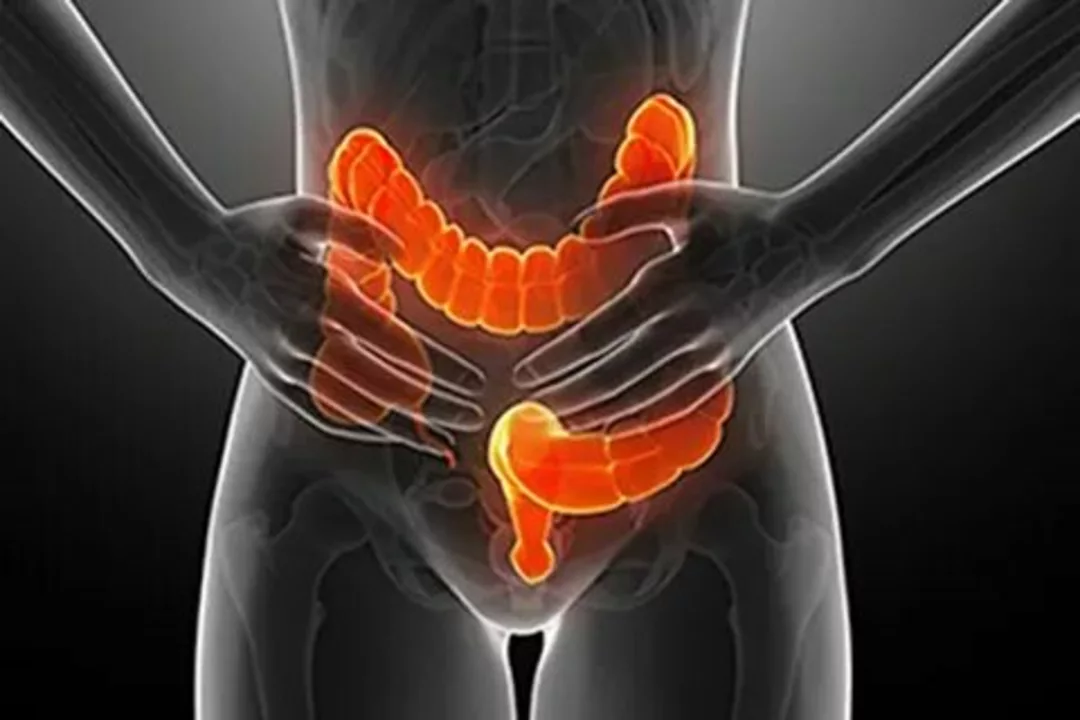Colitis Overview – What You Need to Know
If you’ve heard the word "colitis" and aren’t sure what it means, you’re not alone. It’s a condition where the lining of your colon gets inflamed, which can cause pain, diarrhea, and other uncomfortable symptoms. Understanding why it happens and how to control it makes a big difference in daily life.
Common Symptoms and Causes
The first sign many people notice is frequent loose stools or urgent trips to the bathroom. You might also feel cramping pain on your lower left side, see blood in stool, or experience fatigue from losing nutrients. These symptoms point to inflammation in the colon, but they can vary from mild to severe.
What triggers colitis? In most cases it’s a mix of genetics and immune system reactions. Your body may mistake harmless bacteria in your gut for threats and launch an attack on the colon wall. Certain infections, stress, and even some medications can set off flare‑ups. Knowing your personal triggers helps you avoid them when possible.
Managing Colitis: Diet and Treatment
The good news is there are clear steps you can take to feel better. Doctors often start with medicines that calm the immune response, such as aminosalicylates or steroids for short‑term relief. If those don’t work, newer biologic drugs target specific pathways in the inflammation process.
Food plays a big role too. A low‑fiber diet during a flare can reduce cramping, while adding probiotic‑rich foods like yogurt may support gut health between episodes. Many people find that avoiding spicy dishes, caffeine, and alcohol cuts down on symptoms. Keep a food diary to spot patterns – it’s a simple way to learn what works for you.
Staying active is another piece of the puzzle. Light exercise, like walking or yoga, can keep your bowels moving regularly and lower stress levels, which often aggravate colitis. If you’re new to activity, start with short walks and gradually increase time as you feel stronger.
Regular check‑ups are key. Your doctor will monitor inflammation markers and adjust treatment if needed. Don’t skip appointments even when you feel fine; silent flare‑ups can cause long‑term damage.
Living with colitis doesn’t have to be a constant battle. By combining medication, smart food choices, and gentle exercise, many people keep symptoms under control and enjoy a normal routine.
On this tag page you’ll also find articles about related topics like antibiotic safety, allergy management, and mental health tips – all useful for anyone dealing with chronic conditions. Browse the list below to discover more practical guides that can help you stay proactive about your health.
The Connection Between Colitis and Heart Health
In my recent research, I've discovered a fascinating connection between colitis and heart health. It turns out that inflammation in the gut can contribute to an increased risk of developing cardiovascular diseases. Additionally, certain medications used to treat colitis may also have an impact on our heart health, making it even more important to monitor and manage both conditions. As someone who's always looking to improve my overall well-being, I find this information crucial in understanding how to maintain a healthy heart while dealing with colitis. Stay tuned for more insights on this topic, as I will be diving deeper into the research and sharing my findings with you all.
More
